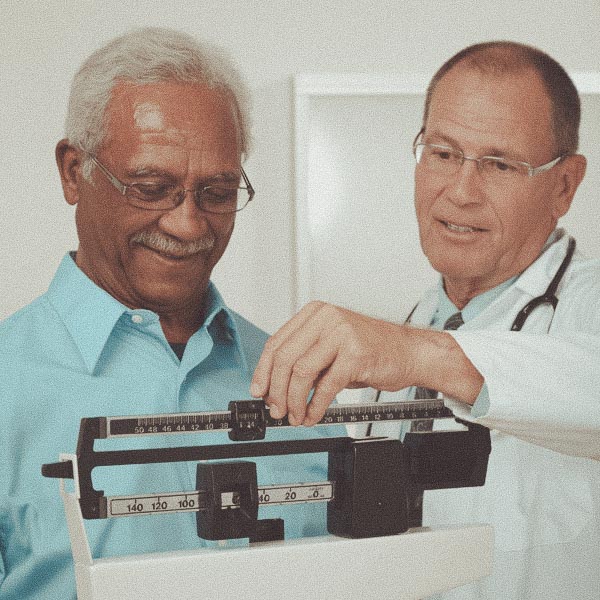Men often experience urinary symptoms that disrupt daily routines. Beyond physical discomfort, these issues can strain intimate relationships, leading to emotional distress and social withdrawal. For men, urology plays a key role in maintaining health and addressing specific concerns related to urinary and sexual health. By seeking urological care, men can benefit from diagnostic expertise and targeted treatments for a range of conditions. Here are the roles urology plays in men’s health:
Urinary Tract Health
The urinary system comprises the kidneys, bladder, urethra, and ureters, and urologists are trained to address disorders associated with these organs. One common concern that urologists manage is urinary tract infections, which may cause discomfort and, if untreated, lead to complications. Kidney stones, a painful condition characterized by the formation of crystallized minerals, often necessitate specialized evaluation and management. On a broader scale, urologists diagnose and treat cancers that affect the urinary tract. Early detection and prompt intervention for these conditions can significantly preserve function and improve outcomes.
Male Reproductive Health
The male reproductive system can be affected by various conditions that urology addresses. Prostate health, in particular, is a key focus area for urologists. Many men often develop a condition called benign prostatic hyperplasia (BPH), which refers to the non-cancerous enlargement of the prostate gland. This condition can interfere with bladder function and may require medical or surgical intervention.
Urologists also address infertility concerns. Male infertility may arise from anatomical abnormalities, low sperm count, or hormonal disruption. All of these can be effectively diagnosed and treated through targeted care. Conditions like testicular discomfort or growths also fall within the purview of urology.
Sexual Health Concerns
Urologists are highly skilled in diagnosing and treating sexual health concerns, emphasizing functional and restorative solutions. Erectile dysfunction (ED) is one area urologists frequently address. ED can stem from various underlying causes, including vascular issues, hormonal imbalance, or psychological factors. Treatment options may include medications, lifestyle adjustments, or advanced procedures.
Low testosterone, another key focus of urological care, can greatly affect energy levels, sexual desire, and overall well-being. Urologists evaluate and manage these conditions through hormone testing and tailored treatment plans. By addressing these concerns, urological care plays a fundamental role in maintaining reproductive and sexual well-being.
Preventive Health Care
Preventive care is one of the most helpful aspects of urology, as it emphasizes proactive management of health risks. Urologists often advise men on lifestyle practices that reduce the risk of developing urinary or reproductive health issues. This includes advice on diet, hydration, and avoiding harmful substances.
Another key component of preventive care is cancer screening, particularly for prostate cancer. Prostate-specific antigen (PSA) testing and digital rectal exams enable early detection and prompt intervention if abnormalities are identified. Regular screening and health check-ups with a urologist ultimately lead to better long-term health outcomes.
Book Your Urology Consultation Today
Urology contributes to various aspects of men’s health, encompassing urinary tract issues, the male reproductive system, and other related conditions. Whether managing a specific condition or seeking guidance to maintain your health, consulting with a urologist provides a pathway toward better care and improved well-being. Book a consultation with a qualified urologist today to access expert guidance and treatment options.
- Zirconia Cap Price: Estimated Cost & Its Long-Term Benefits
- FREHF – The Revolutionary Future Of Human-Centered Technology!
- Adsy.Pw/Hb3 – Boost Your SEO And Drive More Traffic!
- Fitness Based Vacations By Timeshealthmage.com!
- TimesHealthMag Tips For Improving Sleep Quality – Expert Advice For Better Rest!


Leave a Reply